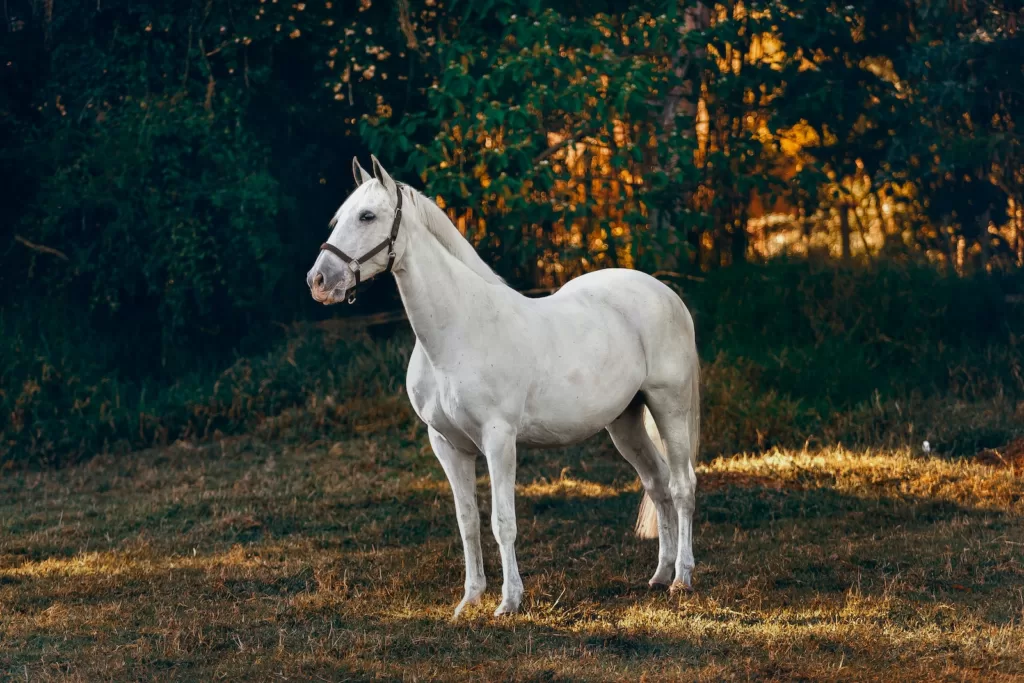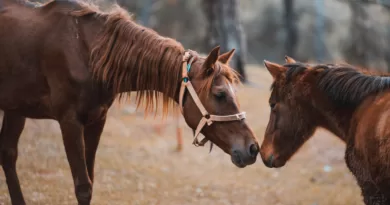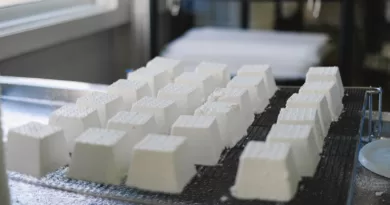Understanding the Average Horse Lifespan: Factors and Care Tips
Introduction
Horses have been our loyal companions for centuries, serving us in various capacities from transportation to sport. As equestrians and caretakers, it’s crucial to comprehend the average lifespan of a horse and the factors that influence it. In this article, we’ll delve into the intricacies of equine longevity, offering insights into their lifespan and how you can contribute to their well-being for a long, healthy life.
Factors Affecting Horse Lifespan
1. Breed and Genetics
Some horse breeds are predisposed to longer lifespans due to their genetic makeup. Understanding your horse’s breed and family history can provide valuable insights into what to expect.
2. Nutrition and Diet
A balanced diet is paramount for a horse’s health and longevity. Proper nutrition ensures they receive essential vitamins, minerals, and nutrients vital for their overall well-being.
3. Exercise and Activity Levels
Regular exercise not only keeps horses physically fit but also stimulates mental health. A well-exercised horse is less prone to obesity-related health issues, contributing to a longer lifespan.
4. Veterinary Care and Preventative Measures
Routine veterinary check-ups, vaccinations, and prompt treatment of illnesses play a pivotal role in extending a horse’s life. Preventative care goes a long way in maintaining their health.

See Also: Can You Board a Dog in Heat? Or Kennel a Dog in Heat?
Environmental Influences
1. Housing and Living Conditions
A safe and comfortable living environment shields horses from potential hazards and stressors. Proper shelter, pasture access, and suitable bedding are key components.
2. Climate and Weather*
Adapting to regional climates and providing appropriate protection from extreme weather conditions ensures a horse’s well-being and longevity.
Mental and Emotional Well-being
1. Social Interaction
Horses are social creatures and thrive on companionship. Ensuring they have regular interactions with other horses or animals can greatly enhance their mental health.
2. Mental Stimulation
Engaging activities and mental challenges keep a horse’s mind sharp and content. This can be achieved through various forms of enrichment and training.
Signs of Aging in Horses
Recognizing the subtle signs of aging is crucial for providing the best care. Changes in weight, dental health, and mobility may indicate specific needs.
Conclusion
Understanding the factors influencing the average horse lifespan empowers us to be better caretakers. By providing appropriate nutrition, exercise, veterinary care, and a stimulating environment, we can contribute to a fulfilling and extended life for our equine companions.
Frequently Asked Questions (FAQs)
1. What is considered a typical lifespan for a horse?
The average horse lifespan ranges from 25 to 30 years. However, with proper care, some horses can live into their 40s.
2. How can I ensure my horse receives a balanced diet?
Consulting with an equine nutritionist and providing a diet rich in forage, grains, and supplements tailored to your horse’s specific needs is essential.
3. Are certain horse breeds more predisposed to longer lifespans?
Yes, some breeds, such as Arabians and Morgans, are known for their longevity compared to others.
4. How often should I schedule veterinary check-ups for my horse?
Bi-annual check-ups are recommended, with more frequent visits for senior horses or those with specific health concerns.
5. What can I do to keep my horse mentally stimulated?
Engage in various activities like puzzle feeders, trail rides, and basic training exercises to keep your horse’s mind active and engaged.
Enjoyed this article? You May Also Like:
- Learn in 5 minutes about Cryotherapy for Horses
- Penicillin in Horses; Impeccable Guide in 10 minutes
- Excede Antibiotic For Horses, Fantastic Facts in 5 minutes
- The Science of Oxytocin in Horses: How This Hormone Influences Equine Behavior
- Can Horses Swim? Everything You Need To Know About Horse Swimming




